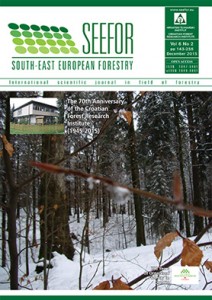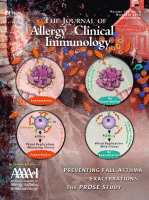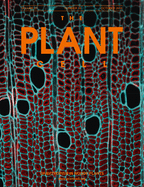 PLOS One is retracting a paper for overlapping with a Wikipedia page. And for containing material lifted from other sources. And for “language errors.” And for insufficient evidence that authors found the pathogens floating around in hospital air that they claimed to find.
PLOS One is retracting a paper for overlapping with a Wikipedia page. And for containing material lifted from other sources. And for “language errors.” And for insufficient evidence that authors found the pathogens floating around in hospital air that they claimed to find.
The instances of plagiarism are a “huge problem,” each “enough for retraction on its own,” Jonathan Eisen, a microbiologist at the University of California, Davis, told us. Eisen, who posted several comments to the paper after its publication in October, added that the paper was “simply not technically sound.”
The paper — which even contains a spelling error in its title, “Metagenomic Human Repiratory Air in a Hospital Environment” — describes a gene sequencing method to screen the air in hospitals for pathogens. The retraction note lists 10 concerns with the paper: Continue reading Here are the 10 — yes, 10 — reasons PLOS ONE retracted this paper








